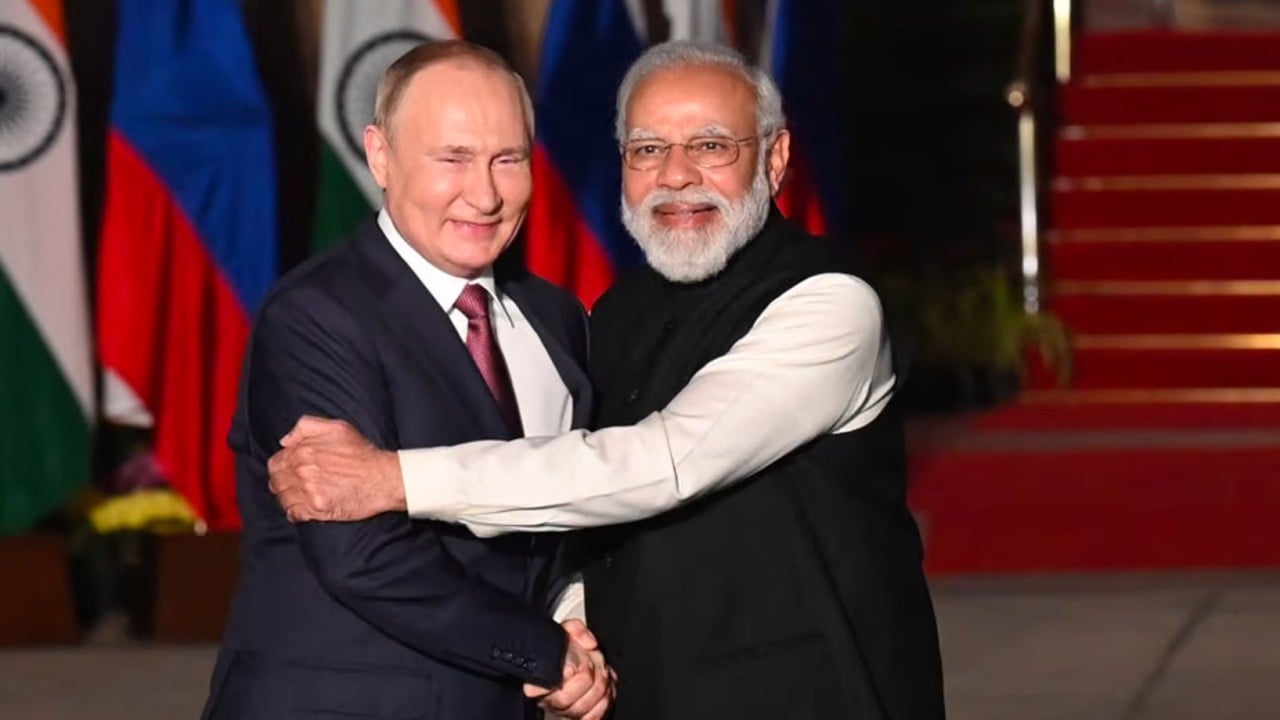Advertisement
The View | World must not let Ukraine war spark another food crisis
- The economic and humanitarian repercussions of Russia’s invasion of Ukraine will be felt far beyond Europe and especially in vulnerable countries
- The world must act swiftly to prevent the poorest and most vulnerable, who are already being left behind in the global recovery, from becoming collateral damage
Reading Time:3 minutes
Why you can trust SCMP

The war in Ukraine is causing immense, heart-wrenching human suffering. At the World Trade Organization, an institution based on the rule of law and established to help forge peace, we find the violence abhorrent to our fundamental principles. We echo United Nations Secretary General Antonio Guterres’ call for the bloodshed to stop, and we wish for a prompt and peaceful resolution of the conflict.
Advertisement
But even as we remain transfixed by the shocking and tragic images of Ukrainian cities under attack, and even as we commit to doing all we can individually and collectively to help Ukraine’s people, it is also becoming clear that the war’s economic and humanitarian repercussions will be felt far beyond Europe. We have a responsibility to mitigate these consequences as well.
Even before the war, rising food and energy prices were straining household and government budgets in many smaller and poorer countries whose economies had also been among the slowest to recover from the Covid-19 pandemic.
New price spikes triggered by the conflict in eastern Europe now threaten to cause poverty and food insecurity to rise. In these circumstances, the role of the WTO and trade in general – particularly for countries that are net food importers – is of paramount importance in preventing hunger.
While Ukraine and Russia together account for a modest 2.2 per cent of global goods trade, according to WTO estimates, this figure understates their significance in grain and energy markets and as suppliers of fertiliser, minerals and other inputs critical for a wide range of downstream production activities. In 2020, for example, the two countries supplied 24 per cent of globally traded wheat and 73 per cent of sunflower oil.
Imports of such commodities are essential for basic food security in the many countries that lack the water, soil and weather conditions to grow all the food they need. In the past 30 years, Ukraine and Russia have become key sources of grain for countries including Mongolia, Sri Lanka, Lebanon, Egypt, Malawi, Namibia and Tanzania.

Advertisement

